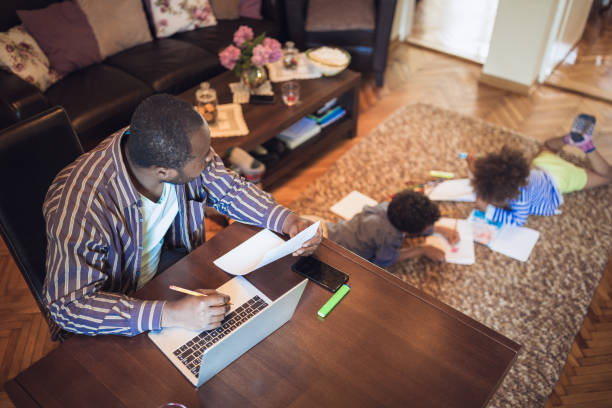Coping with conflict and tough social settings can be a demanding and unpleasant experience, but it is an inevitable aspect of life. Whether it’s a disagreement with a friend or colleague, or a confrontation with a stranger, learning how to manage and resolve conflicts is a valuable skill that can help you build stronger relationships and navigate difficult situations with grace and poise. While giving in may unintentionally cause you to fall into a hole you did not intend to.


The first step in dealing with conflict is to stay calm and composed. When emotions run high, it’s easy to say or do things that you later regret. Take a moment to breathe deeply and try to approach the situation from a place of clarity and rationality. It’s important to keep in mind that conflict is a normal part of human interaction and that it can be a chance for development and learning. it is also very unrealistic to expect a life without conflict and disagreements.
The next step is to communicate clearly and effectively. Make sure you listen actively to the other person’s perspective and express your thoughts and feelings in a respectful and non-judgmental way. Listen to comprehend, rather than hearing to answer. Avoid making accusations or blaming the other person, as this can escalate the conflict and make resolution more difficult. Instead, focus on finding common ground and working towards a mutually beneficial outcome.
Being flexible and open-minded in your thinking is also crucial. Sometimes, conflicts arise because of misunderstandings or differences in values or perspectives. You can frequently come up with a solution that pleases everyone if you’re open to taking into account different points of view and making concessions. Remember that conflict resolution is not about winning or losing, but about finding a way to go forward that respects everyone’s needs and desires. Trying to solve a problem and taking the high road is also a show of strength not weakness.


In some cases, it may be helpful to seek out the advice or guidance of a neutral third party. This could be a mediator, a counsellor, or a trusted friend or mentor who can provide an objective perspective and help facilitate productive communication. Don’t be afraid to ask for help if you feel stuck or overwhelmed. While solving conflicts, you don’t have to have all the answers.
READ ALSO:
How To Effectively Communicate With Your Partner After A Conflict
Finally, it’s important to practice self-care and self-compassion. Conflict can be a draining and stressful experience, and it’s easy to feel overwhelmed or defeated. Make sure you take time to rest, recharge, and engage in activities that bring you joy and fulfilment. Remember that conflict is a natural part of life and that it doesn’t define you or your worth as a person.
In conclusion, dealing with conflict and difficult social situations can be challenging, but it is also an opportunity for growth and learning. By staying calm and composed, communicating effectively, being open-minded and flexible, seeking guidance when necessary, and practising self-care and self-compassion, you can navigate conflict with grace and resilience, and emerge stronger and more confident than before.









